There are more than 25 popular fabric types that the fashion or clothing industry has warmly welcomed. One such sustainable fabric whose production harms no animal is a modal silk fabric. Be it saree or regular clothing items such as dresses, tops, shirts, trousers, bathrobes, pyjamas, bedsheets or anything else, modal silk fabric has changed the game. Made of beech tree wood, modal silk has been introduced in the market as a breath of fresh air. Considered better than cotton, the manufacturing of modal material takes 10 times less water than the same needed in cotton production. In this blog, we'll explore the fascinating world of modal silk, and look into its history and origins to understand how beneficial the fabric is for the environment and saree lovers like you. It’s time to start the journey.
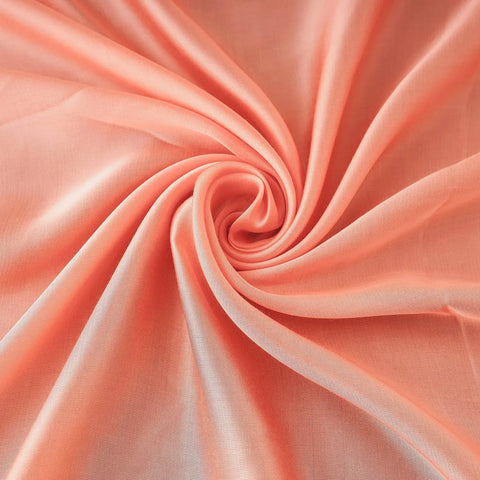
History of Modal Silk
Developed in Japan in 1951, modal silk fabric has a rich history. (1) This fabric is derived from the cellulose fabric of Beechwood. Beechwood farming is pretty simple and doesn’t require the same level of care and investment as silk or cotton production does. The production process of modal silk begins with breaking down the wood pulp from these trees into a soft and silky fibre, which is then woven into fabric.
Over the years, modal fabric has gained immense popularity for its softness, comfort, and sustainability. Its origin in natural sources, coupled with innovative manufacturing techniques, has made it a top choice for textile manufacturers worldwide.
Making of Modal Fabric
The production of lightweight, breathable, safe, and stretchy modal silk fabric is created through a meticulous step-by-step process. Here's a brief overview of the steps involved in making modal material:
1. Harvesting
Starting with the farming of Beechwood trees, the purpose behind this is the extraction of its natural cellulose that serves as the raw material for modal fibre production.
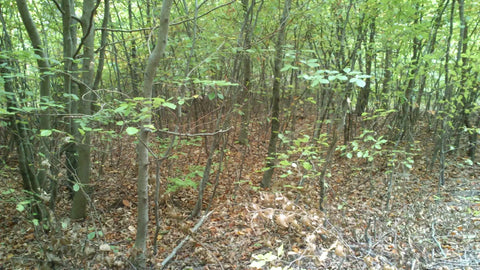
Beechwood, Image Credit:- Wikipedia
2. Cellulose Extraction
As the trees reach the ripe age to be fit enough to extract cellulose, workers break them down into pieces for the wood pulp.
3. Turning Into Sheets
It’s time to turn the pulp into the form of sheets to further break them down into crumbs.
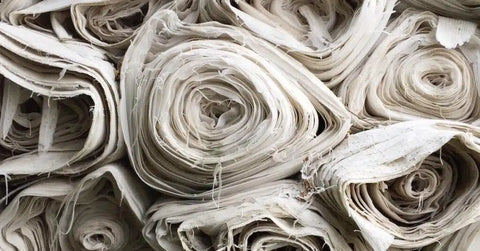
Image Credit:- goingzerowaste.com
4. Time to Create Fibre
The crumbs are turned into a liquid to give them a real fibre-like look.
5. Yarn Formation
Once the fibre takes the shape of yarn, it’s woven into sarees and other clothing objects.
Sustainable Modal Fabric
As we are now aware of the modal silk fabric creation process, it’s safe to say that modal silk is indeed sustainable. It’s a popular choice among eco-conscious consumers thanks to its environmentally friendly production process. Being a renewable resource, the trees used for modal material extraction are not cut down but rather harvested. The trees regrow and support sustainable forestry. Along with minimal chemical usage in modal production, it’s also biodegradable. It naturally breaks down over time, reducing its environmental impact.
10 Benefits of Using Modal Silk Fabric
It’s understandable by now that breathable modal cloth is a green choice. But the advantages of modal go beyond this. Let’s find out more about it:
1. Stretchy
Non-stiff modal silk fabric is perfect for clothes requiring a comfortable and flexible fit. Maternity clothes or sarees where wearers already expect ease of movement without compromising the style feel better when made of modal silk.
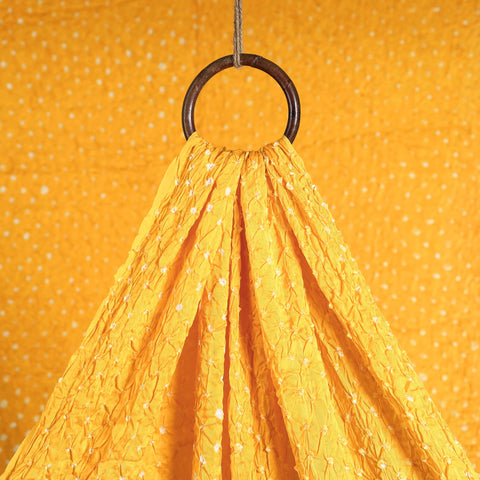
2. Soft
The list of benefits of modal material remains incomplete without mentioning how incredibly soft it is. When you wear a modal silk saree or anything made of modal silk, you'll experience a luxurious, silky touch against your skin that ensures all-day comfort.
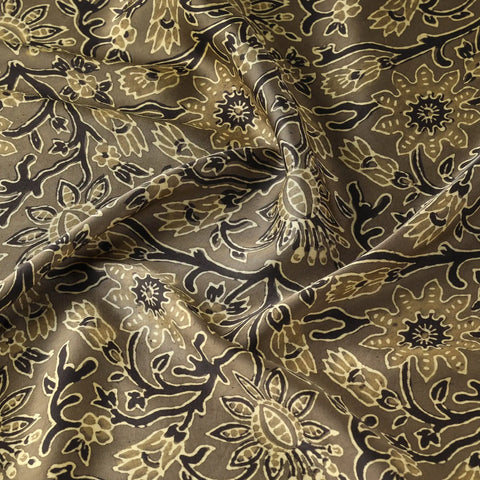
3. Breathability
The highly breathable modal silk fabric is perfect for humid weather. It allows air to circulate and prevents discomfort from excessive heat. Being moisture-wicking, modal clothes easily soak up sweat. It’s time to feel fresh and comfortable 24*7 by wearing clothes made of modal silk fabric.
4. Durable
Known for its durability, anything that’s made of modal silk fabric stays in excellent condition for a long time and can be a generational resource. Modal silk fabric clothes are also known to retain colours for years after years.
5. Eco-Friendly
As mentioned earlier, modal silk is eco-friendly, and a responsible choice for clothing items.
6. No Pilling
Pilling, those annoying little fabric balls that can form on clothing, is not an issue with modal silk. All your modal clothes look fresh and smooth for years to come.
7. No Shrinkage
No more heartbreak realising that your favourite clothes don’t fit you anymore. Modal silk fabric is shrink-resistant and maintains its shape and size for a long time.
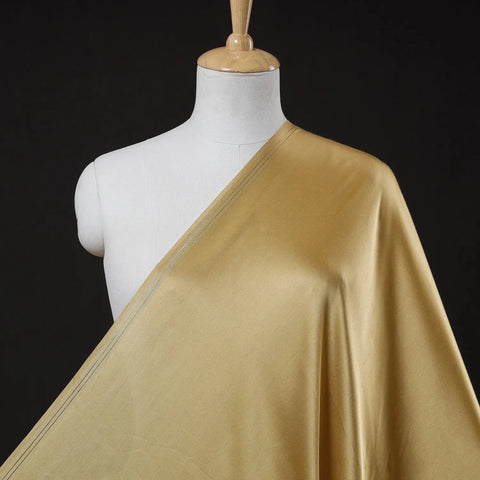
8. Anti-Bacterial
The anti-bacterial properties present in beechwood extract also make the modal silk anti-bacterial. You face fewer concerns related to body odour in the modal clothes.
9. UV Protection
Have you noticed how common modal is in sportswear? Its UV-resistant nature makes it popular for summer clothes and activewear.
10. Versatile
Modal silk fabric easily blends with other fabrics like cotton. Such fabrics let you enjoy the best of both worlds.
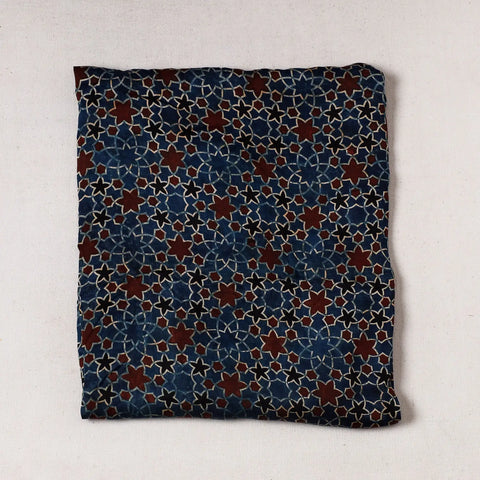
 Verified Purchase
Verified Purchase














































































Prof.K.N.Lakshmi
Liquid error (sections/custom_blog_posts line 652): The format option 'month_day_year' is not a supported format.
Nice information.Mention the selling points in India